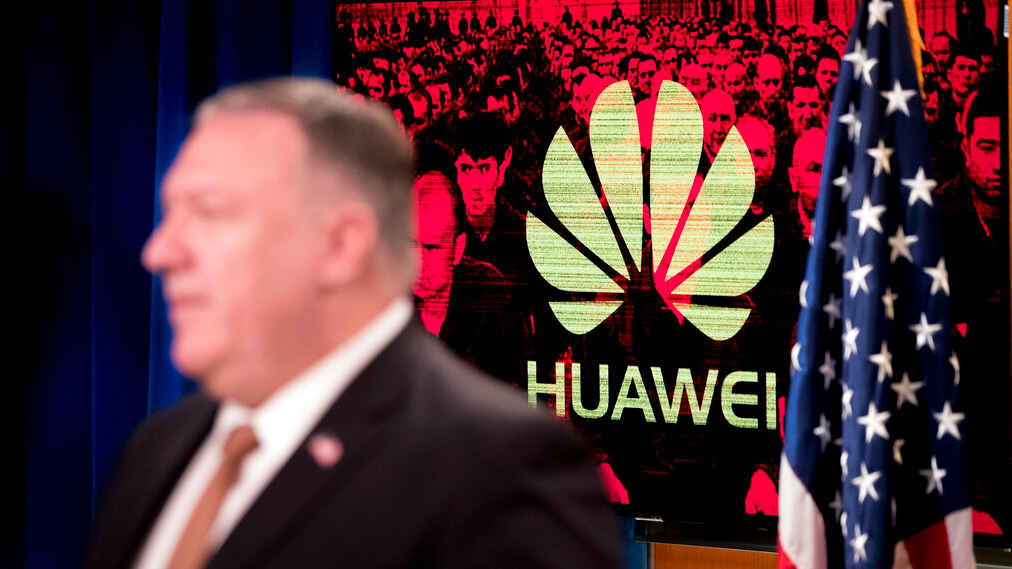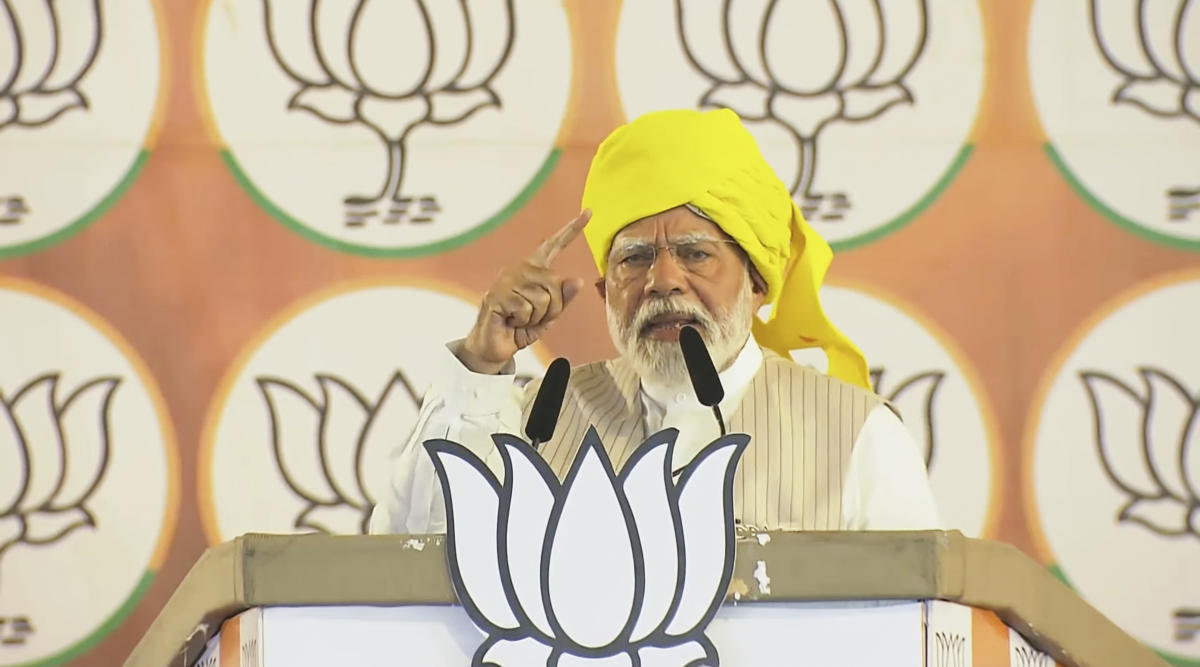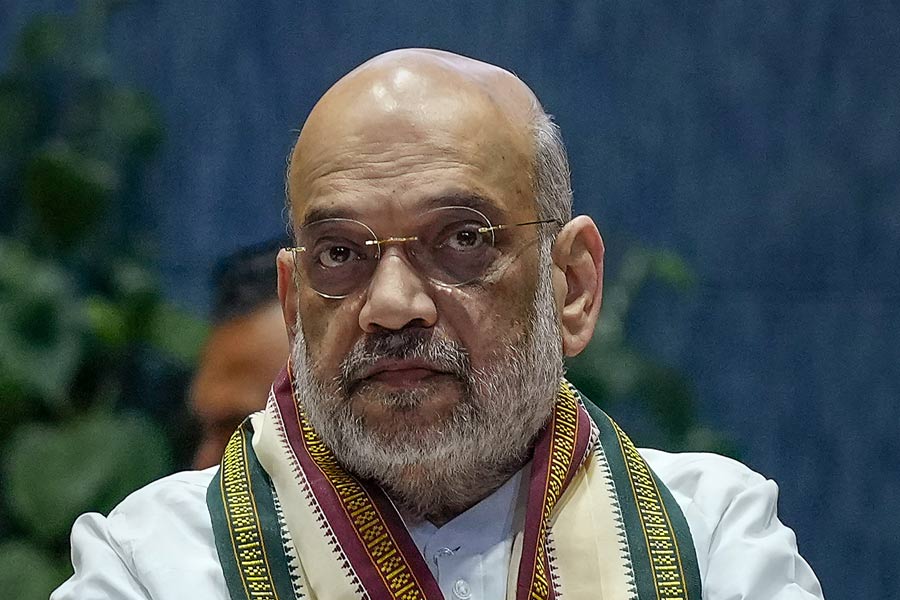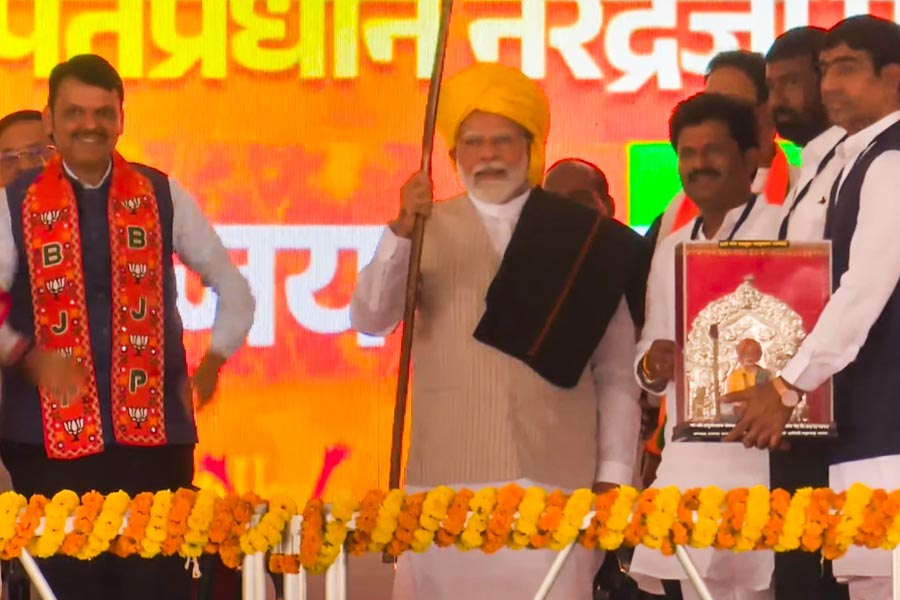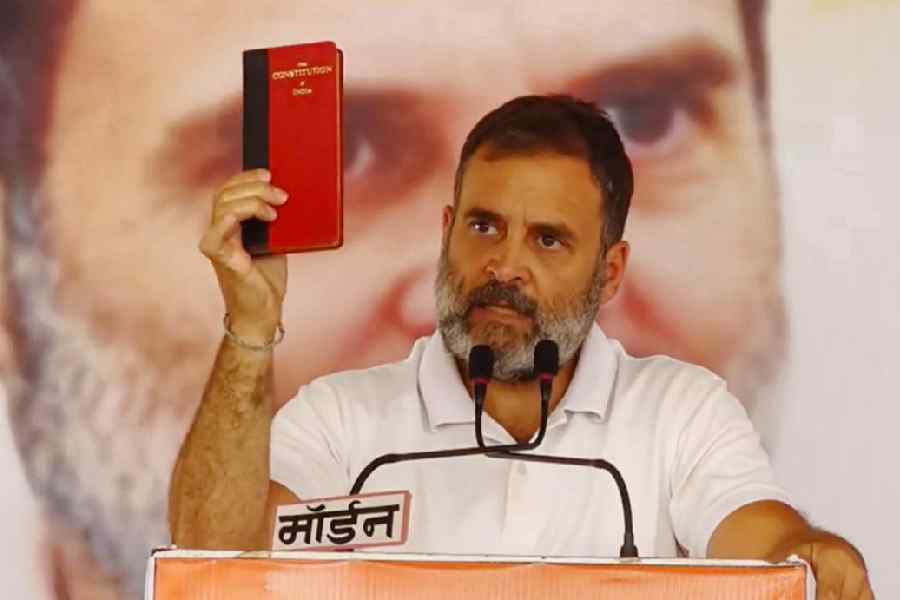Is there going to be a new Cold War with China? Probably not. Consider the case of Huawei. Mike Pompeo swept into London like an overweight Darth Vader, while his local satrap, Boris Johnson, waited nervously in Downing Street for judgment. People swore they could hear Pompeo’s cloak swish as he strode through the door. But it was all good: the British prime minister had done enough to appease the overlord.
The issue was Huawei, the Chinese telecommunications firm whose equipment has been selling to governments throughout the West because there are no comparable Western products available at a competitive price. The response of the United States has thus been political, not commercial. It demands that its allies ban Huawei on ‘security’ grounds.
Britain had agreed to involve Huawei heavily in building its new 5G network well before Johnson became prime minister, but he stuck to the deal in spite of mounting US pressure to cancel because he is taking Britain out of the European Union and into what is potentially a very grim future.
More than half of Britain’s trade is with Europe, but a free trade deal after it has left looks increasingly unlikely. What countries could pick up at least part of the slack? Only the US or China, so Johnson desperately wanted to keep both of those options open. Washington, of course, wanted him to foreclose the Chinese option.
Johnson stuck to his guns, reassured by Britain’s own security services that Huawei posed no threat, but eventually the US pressure became irresistible. Huawei was told that it would not be participating in Britain’s 5G phone network, and that all its technology in the 2G, 3G and 4G networks would have to come out by 2027. But only days later British officials whispered in Huawei’s ear that all was not lost. Britain might reconsider its decision next year — nobody said explicitly “after the US election”, but obviously Britain would be keen to bring Huawei back on board if Donald Trump loses that election in November (as he now seems quite likely to).
Word about this reached Washington in microseconds. (When will they learn that in the modern communications environment, anything you say to anybody instantly becomes known to everybody?) So Johnson was understandably anxious as he awaited the arrival of the American viceroy. Sorry, secretary of state. But it was all right with Pompeo.
Johnson would only be disloyal if Trump loses, and Trump won’t lose because he’s going to start a new Cold War. That’s the plan — but it won’t work because none of America’s allies, not even one as desperate as Johnson, believes that China is a threat grave enough to justify a 40-year military confrontation. Or even a five-year confrontation.
They are not naive about the current Chinese regime’s flaws. It is a nasty, corrupt dictatorship, intolerant of dissent and oppressive towards its minorities. But it is not territorially expansionist except in its own immediate neighbourhood, and it is not ideologically attractive even to its own citizens. The only ideological tool available to Xi Jinping is nationalism. He would deploy it if necessary to defend his own power, just as Trump is doing now, but for a sustainable Cold War there needs to be a more credible threat than is currently available to either party.
The idea that China is “the central threat of our times”, as Pompeo put it, is laughable. It’s a formidable competitor economically, but it’s simply not interested in a classic military confrontation. The other major powers, including the EU, are not buying into the Trump-Pompeo vision of a world divided into two hostile and militarized blocs like 1945-89. Even Johnson, for all his sub-Churchillian pretensions, can’t take the notion seriously and instantly hedges his bets after he has to give it lip-service.
“Don’t defend Trump — attack China!” said the instructions sent to the Republican Party’s senatorial candidates, but it doesn’t work outside the US. It probably won’t work inside either.

